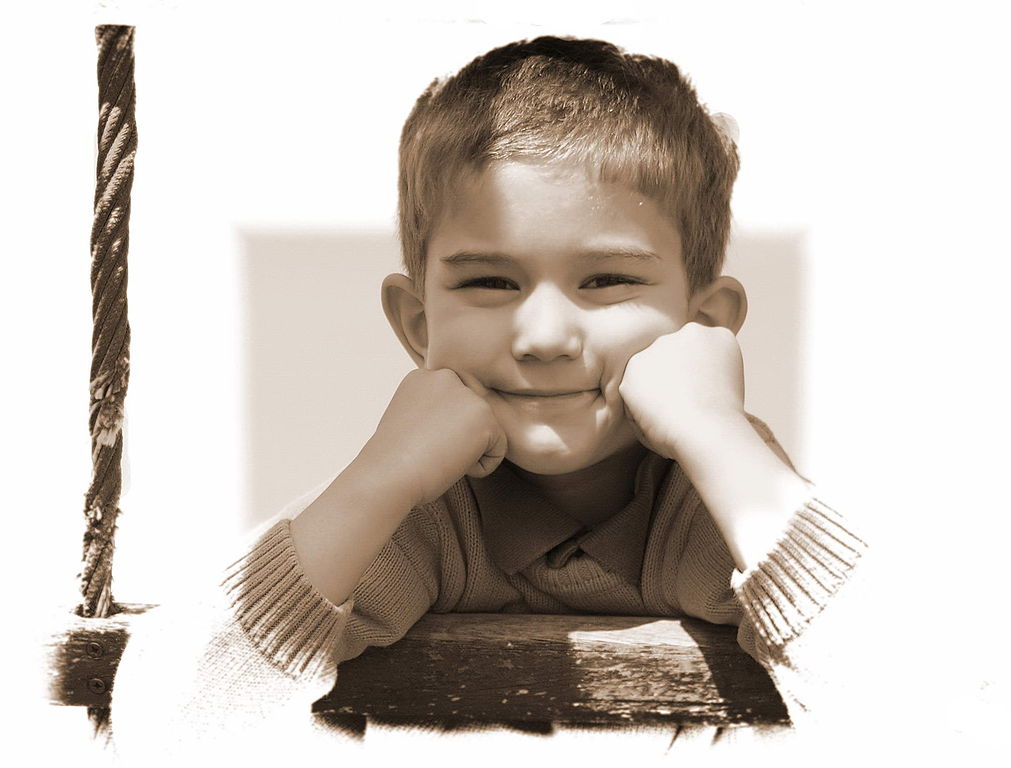Curiosity and Addiction In Kids

It wasn’t exactly out of the mouths of babes and sucklings but it did arise from an unexpected juvenile source. In the course of an English lesson in Hanoi, Vietnam, a fourteen-year-old boy was asked to write an essay on how to help a friend give up an addiction. After observing that the best way to avoid a bad habit is never to start, the young man wrote, ‘You have no reason to take to a habit which isn’t good, therefore don’t mess up your life just because of your curiosity.’ This rang a warning bell. So could curiosity, the very power that every teacher hopes to stimulate in his/her students, be a major factor causing young people to experiment with drugs and engage in other unhealthy practices? [wp_ad_camp_1]
In many developing countries of which Vietnam is an example, the sociocultural context in which children are raised seems to suppress curiosity. The new foreign teacher who asks, ‘Do you have any questions?’ is likely to be met with silence and blank faces. It is difficult to create a situation in which students can be motivated to ask questions, but it can be achieved with perseverance and imagination. It is pleasing to note that this quality, which is so strong in very young children, can be restored in teenagers, but is there a danger that these reinvigorated minds might be more prone to falling prey to addiction?
It is likely that a combination of curiosity and peer pressure is what leads to addiction in many cases. It is hard to resist the call of friends who promise a new and wonderful experience that everyone is said to be enjoying. And even if the first encounter proves to be rather unpleasant, (does anyone ever relish their first cigarette or glass of sherry?), there is no lack of encouragement to keep trying until satisfaction is achieved. But is the curiosity that can lead to addiction the same as the curiosity aroused in the study?
Personal observation and anecdotal evidence seem to suggest that the most likely candidates for addiction are those whose lives are empty, people who have lost interest in study and work. The curiosity that leads them to a downward path is a residue, a pale remnant of the aboriginal gift bestowed on every child, that makes the last attempt to find meaning in life. The intellectual curiosity stimulated in the classroom is one that fills life with interest and meaning. It also leads to an understanding of the danger of addiction, and to an ability to voice that danger, even in a foreign language!



